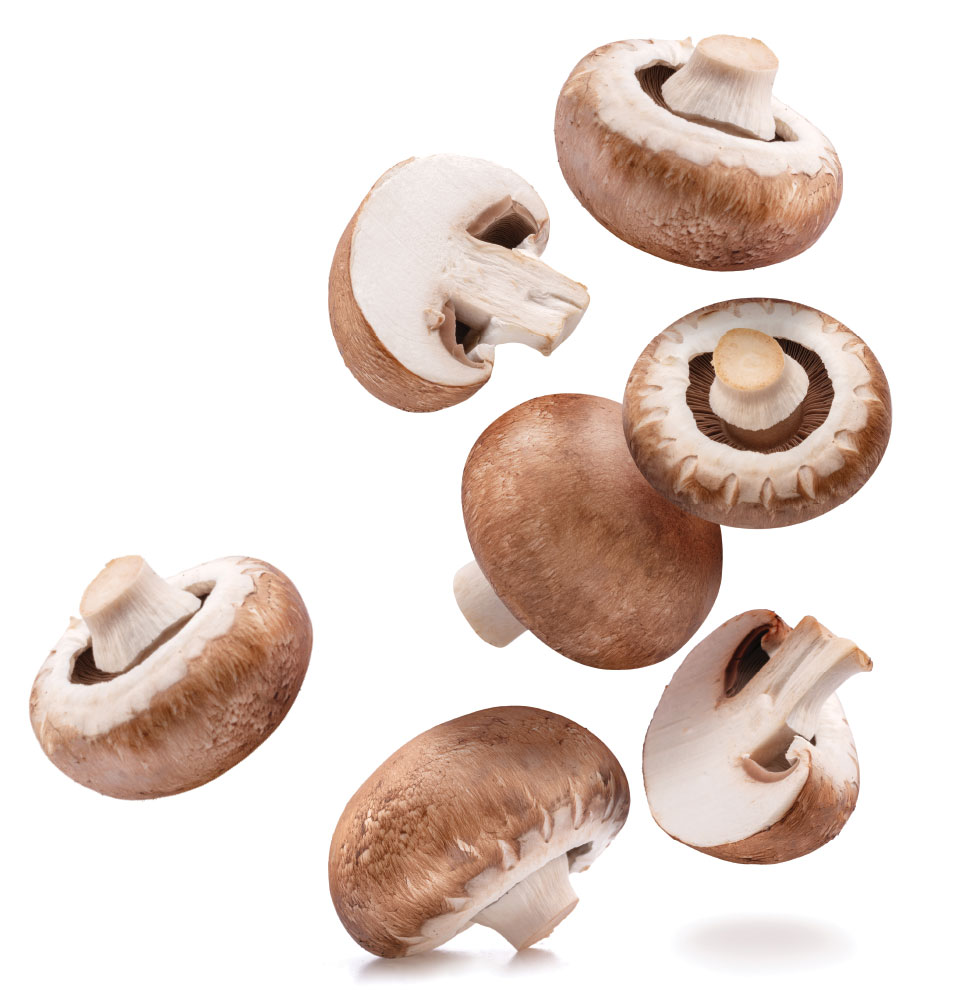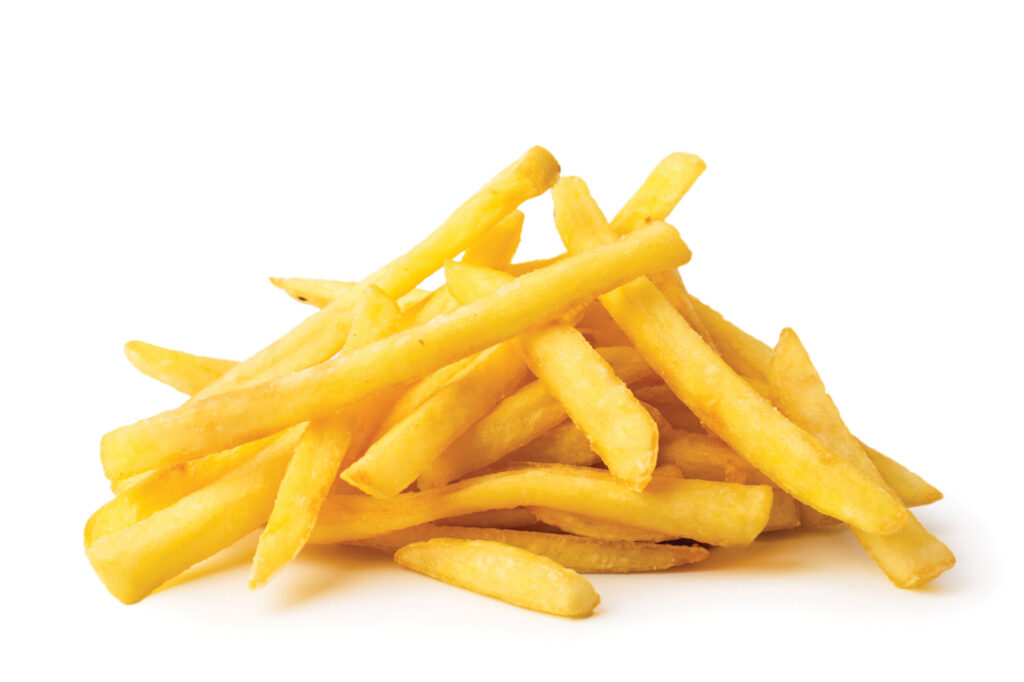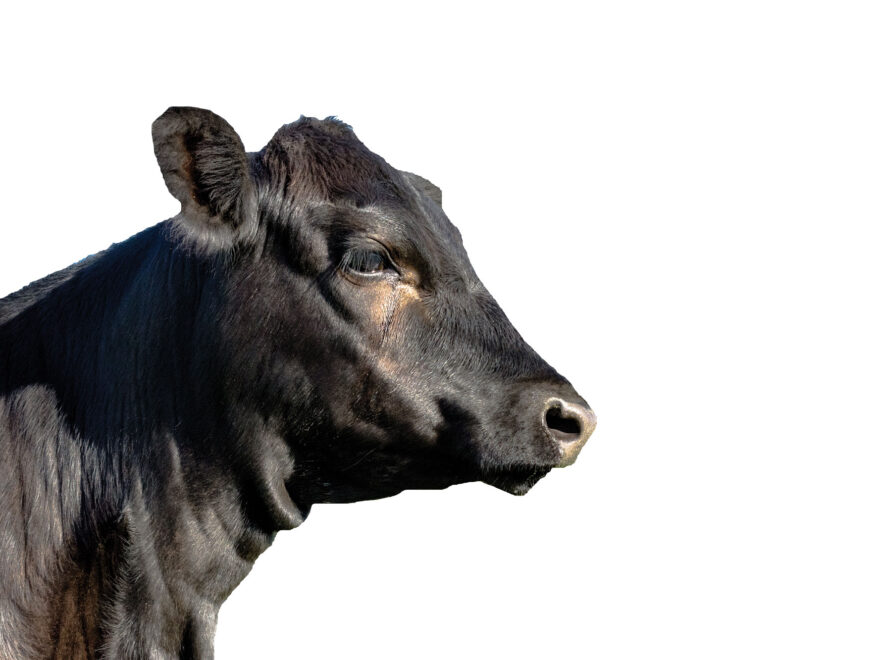Approximately nine per cent of New Zealand’s greenhouse gas emissions currently come from process
heat applications – the burning of coal, oil or gas to generate industrial heat for manufacturing, space / water heating and food production. Here is a sample of how some local food production businesses are replacing their coal fired heating for cleaner options.
Founded in 1948, Silver Fern Farms is New Zealand’s leading processor, marketer, and exporter of premium quality lamb, beef, and venison. The company produces 30% of all New Zealand lamb, beef, and venison and works in partnership with 16,000 sheep, beef, and deer farmers. At the peak of the season, the company employs 7,000 staff.
The company recently received $1 million co-funding from the Government Investment in Decarbonising Industry (GIDI) fund for a $2.6 million project at its Pareora processing site, south of Timaru. With the support of GIDI co-funding, the company will install a high temperature heat pump to preheat hot water for the processing plant, shifting heating load away from the existing coal boiler. It is the company’s third successful project under the GIDI fund.
Currently all water heating on the Pareora site is provided via steam from three coal boilers. The new system will use surplus heat from the refrigeration system – typically at 25 to 30°C – and elevate the temperature with the heat pump unit to generate hot water at 50 to 75°C.
The current boiler used 27.3 GWh of coal energy input in 2020 to produce hot water for the site. Using coal to generate this energy produces 8,389 t of CO2 emissions each year compared to the proposed project emissions of 2,813 tCO2 per year – a 66% reduction. The annual net emissions savings from implementing this project are 5,576 tCO2 per annum.
Silver Fern Farms has previously taken a structured approach to reducing energy and carbon emissions including metering, gap analysis, conservation measures and efficiency gains. The GIDI funding enables the company to accelerate its coal related projects to reduce its carbon footprint in a much shorter time frame.

Meadow Mushrooms delivers nine million mushrooms per week to wholesalers, distributors and retailers across the country. Mushrooms are one of the most sustainably grown foods on the planet. They’re ready to pick in days, require minimal natural resources to grow, and the vertical farming system means they deliver one of the best yields per square metre of land in the agricultural industry. Meadow Mushrooms is the largest producer of fresh mushrooms in New Zealand with five sites and a team of nearly 500 people. That’s a lot of mushrooms and a lot of steam is required to clean and sterilise facilities at the company’s main growing and packing site in Hornby, Christchurch.
Steam is commonly used in the mushroom industry for pest and disease management, reducing the need for excessive use of pesticides and chemical sanitisers. As part of the company’s sustainability plan, Meadow is replacing their diesel fired boiler with a low carbon electric option, significantly reducing greenhouse gas emissions.
The new low carbon boiler at the Hornby site will result in a reduction in carbon emissions of 32,675 tCO2 over a 25-year lifespan. This is an average annual carbon abatement of 1,307 tCO2 every year.
“This project is critical to our sustainability plan,” says Darren Patterson, Meadow Mushrooms’ Sustainability Manager. “We’ve got an ambitious plan to eliminate our fossil fuel emissions and reduce our other emissions as much as possible. The replacement of this diesel boiler goes a long way towards meeting that goal.”
McCain Foods is the world’s largest producer of frozen potato products. As a global company that has operated for more than 60 years, McCain Foods has a clear sustainability strategy in which one of its four pillars is a commitment to resource-efficient operations.

McCain Foods has flipped the old model of burning coal at its Timaru plant to produce steam and heat water for pre-cooking potatoes, instead investing $1.85 million to revolutionise its pre-treatment process. Rather than pre-cooking the potatoes in vats of hot water with the heat generated by burning coal, McCain installed New Zealand’s first Pulsed Electric Field (PEF) plant. This new technology was supported with $250,000 in funding from EECA’s Technology Demonstration Fund. The new technology arrived in New Zealand in January 2020, transforming all environmental and productivity metrics at the site.
The PEF technology uses 400-volt electrical supply converted to 22,000 volts of electricity to achieve the same results with the potatoes, in just five to eight seconds. It has cut coal consumption by seven tonnes per day and carbon emissions by approximately 3,990 tonnes per year.
Fresh water is an important input into potato processing and the Pulse Electric Field has slashed freshwater consumption by 82 per cent – approximately the same volume required to fill 10 Olympic-sized swimming pools each year. At the same time, the overall cut quality of the processed chip has improved due to better pre-cooking, allowing more of the potato to be used. As a result of quality improvements through the new processing system, McCain achieved a huge reduction in potato waste – previously generated through potatoes becoming stuck in the old pre-heaters.
Even though the process has switched from coal to electricity, overall electricity consumption at the site had not increased as there is no longer the need for older electric motors in the pre-heating process. As a result of reduced resource consumption and significant efficiency improvements, the PEF is generating annual cost savings of approximately $1 million per year at the Timaru site. Downtime at the site is also significantly reduced as there is no longer any need to stop production to change the water in the pre-heaters, and space is saved on site as the PEF plant is significantly smaller.

